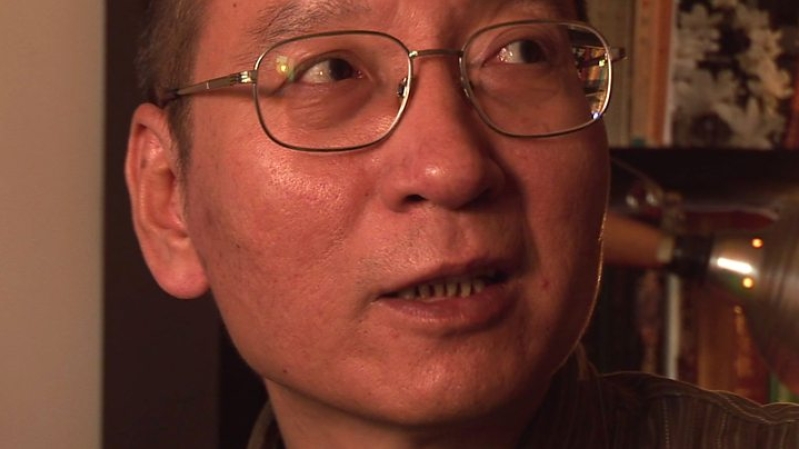
World leaders have criticized the Chinese government after Liu Xiaobo, renowned Chinese Christian activist and Nobel Peace laureate, died a "premature death" at age 61 under guard in a hospital on Thursday.
Liu died "peacefully", surrounded by his wife and other relatives, a doctor who treated him said. His final words to his wife, Liu Xia were: "Live on well," the South China Morning Post reported.
Liu had been serving an 11-year jail sentence for demanding an end to one-party rule when he was diagnosed with late-stage liver cancer in May, only after the illness was virtually beyond treatment, according to The Guardian. He died of multiple organ failure at a hospital in northeast China, The Bureau of Justice in Shenyang said on its website.
"After multiple treatments, Liu Xiaobo's condition continued to deteriorate," the Bureau said in a statement. "On July 10, he entered a state of rescue and intensive care, and on July 13, he died due to multiple organ failure after attempts to save him failed."
The dissident played a significant role in the Tiananmen Square student protests of June 1989, and was jailed for 11 years in 2009 for "inciting subversion of state power" after he helped write a petition known as "Charter 08" calling for sweeping political reforms.
He won the Nobel Peace Prize in 2010 for his "long and non-violent struggle for fundamental human rights in China", but he was not permitted to travel to Norway to accept it.
After his cancer diagnosis, Liu was granted medical parole. However, he remained in First Hospital of China Medical University, still a captive of the Chinese government, after authorities refused his dying request to be allowed to travel abroad for treatment.
News of Liu's death sparked widespread condemnation; Marco Rubio, who earlier begged the Chinese government to allow Liu to seek treatment outside of China, called the news "beyond tragic."
"There should be an independent investigation into the circumstances surrounding Dr. Liu's death, his treatment in detention, the timing of the diagnosis of his late-stage liver cancer, and countless other questions that need to be answered, he said. "The Chinese authorities complicit in his unjust imprisonment and death should be immediately sanctioned and their assets frozen under the Global Magnitsky Act."
Rubio also urged the Trump administration to see to it that Liu's wife, who remains under home confinement in Beijing, "be granted an exit visa and permitted to leave China for a country of her choosing."
Berit Reiss-Andersen, the leader of the Norwegian Nobel Committee, said the Chinese government bore "a heavy responsibility for his premature death".
"We find it deeply disturbing that Liu Xiaobo was not transferred to a facility where he could receive adequate medical treatment before he became terminally ill," said
The British foreign secretary, Boris Johnson, said he was deeply saddened by the "huge loss" of the "lifelong campaigner for democracy, human rights and peace" and criticized Beijing for denying Liu the chance to seek medical treatment overseas.
The US secretary of state, Rex Tillerson, said he mourned the loss of a man who had dedicated "his life to the betterment of his country and humankind, and to the pursuit of justice and liberty".
"Liu Xiaobo should have been allowed to choose his own medical treatment overseas, which the Chinese authorities repeatedly denied him. This was wrong and I now urge them to lift all restrictions on his widow, Liu Xia."
Liu was the first Nobel Peace Prize laureate to die in state custody since Carl von Ossietzky, the German pacifist and foe of Nazism who won the prize in 1935 and died under guard in 1938 after years of maltreatment, according to The New York Times.






